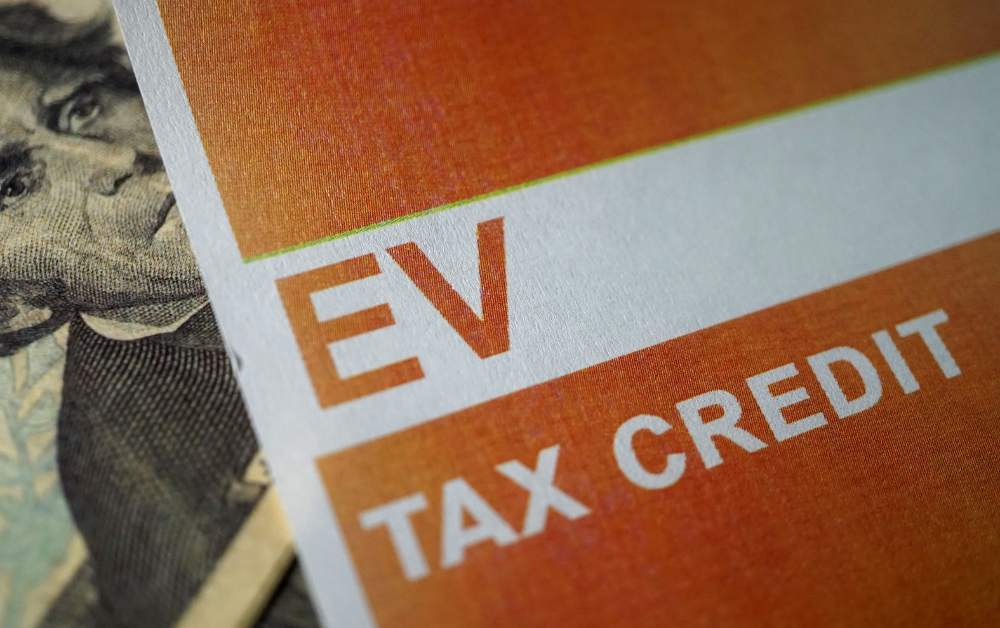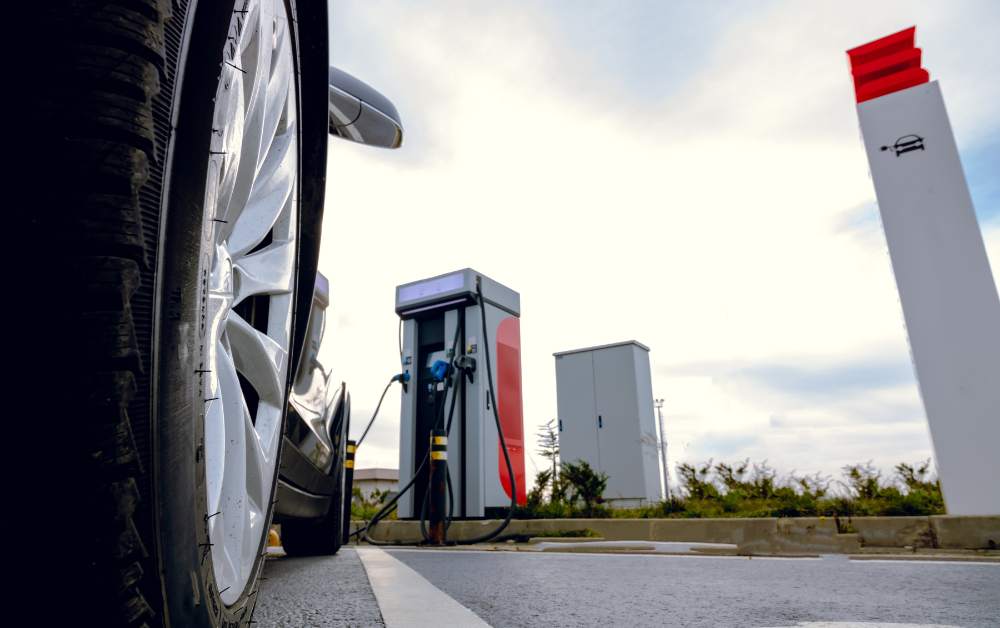The Future of Electric Car Energy Prices: Trends and Predictions

The automotive landscape is undergoing a profound transformation, with electric vehicles (EVs) at the forefront of this change. As electric cars become more mainstream, one of the critical considerations for both current and prospective EV owners is the cost of energy. In this comprehensive blog, we will delve into the future of electric car energy prices, exploring the trends and predictions that will shape this crucial aspect of the EV revolution.
The Current State of Electric Car Energy Prices
Understanding the factors influencing EV energy costs
Electric car energy prices are influenced by various factors, including the cost of electricity, charging infrastructure availability, and the efficiency of the EV’s battery system. The current state of energy prices varies significantly by region and can have a direct impact on the overall cost of EV ownership.
Comparing electric car charging costs to traditional gasoline expenses
To assess the financial benefits of electric cars, it’s essential to compare the cost of charging an EV with the expenses associated with a traditional gasoline-powered vehicle. This comparison can vary widely based on local energy prices and government incentives.
Electricity Rate Trends
The evolving landscape of electricity pricing
Electricity rates are constantly changing, influenced by supply and demand dynamics, energy source mix, and infrastructure investments. Understanding these trends is crucial for predicting how electric car energy prices will evolve.
Time-of-use pricing and its impact on EV charging
Time-of-use (TOU) pricing, which charges varying rates for electricity based on the time of day, is becoming more prevalent. TOU pricing can significantly impact the cost of charging an electric car, as consumers can take advantage of lower rates during off-peak hours.
Infrastructure Expansion
The growth of charging infrastructure networks
The availability of charging infrastructure plays a pivotal role in the adoption of electric vehicles. As governments, businesses, and communities invest in expanding charging networks, the convenience and accessibility of EV charging improve, influencing energy prices.
What is the role of fast-charging stations and their cost implications?
Fast-charging stations, capable of delivering a substantial amount of energy in a short time, are becoming more common. However, these stations often come with higher charging costs. Understanding the cost trade-offs between fast charging and standard charging is essential for EV owners.
Battery Technology Advancements
How battery technology affects energy prices?
Battery technology is a core component of electric vehicles, and advancements in this field can significantly impact energy prices. As batteries become more energy-dense and affordable, the cost of manufacturing EVs decreases, potentially leading to lower purchase prices and energy costs.
What are the predictions for battery cost reductions and increased efficiency?
Industry experts predict continuous advancements in battery technology, including cost reductions and increased energy density. These developments are expected to improve the affordability and efficiency of electric cars, making them even more competitive with internal combustion engine vehicles.
Government Incentives and Policies
What is the role of government incentives in promoting EV adoption?
Many governments worldwide offer incentives to encourage the adoption of electric vehicles. These incentives can include tax credits, rebates, and access to carpool lanes. Understanding the current incentives in your region and potential changes in government policies is essential for estimating future energy prices.
Expected policy changes and their impact on energy prices
Government policies related to carbon emissions and clean energy goals can have a direct impact on energy prices for electric cars. Anticipating future policy changes and their implications for the EV market is crucial for long-term planning.
Renewable Energy Integration
The synergy between EVs and renewable energy
Electric cars have the potential to align with renewable energy sources, such as solar and wind power. By charging EVs with clean energy, consumers can reduce their carbon footprint while potentially benefiting from lower energy prices.
The potential for lower energy prices with clean power sources
As the world transitions towards greater use of renewable energy, the cost of clean power sources is expected to decrease. This trend could result in more affordable electricity rates for EV charging, further incentivizing the adoption of electric vehicles.
Predictions for Electric Car Energy Prices
Short-term vs. long-term price forecasts
Predicting electric car energy prices involves considering both short-term and long-term trends. Short-term forecasts may be influenced by current energy market conditions, while long-term projections rely on factors like technological advancements and policy changes.
The role of market competition and consumer behavior
Market dynamics, including competition among automakers and consumer preferences, will play a significant role in shaping electric car energy prices. As the EV market becomes more competitive, prices may become increasingly consumer-friendly.
Energy Price Impact on EV Market Growth
How energy prices influence consumer decisions?
Energy prices directly impact the total cost of ownership for electric cars. Higher energy prices can lead consumers to consider factors like charging costs when making purchasing decisions.
Projected EV market growth based on pricing trends
The growth of the electric vehicle market is closely linked to energy prices. As energy costs become more predictable and competitive, the adoption of electric cars is expected to accelerate, potentially transforming the automotive industry.
Tips for Managing Electric Car Energy Costs
Practical advice for optimizing charging habits
Electric car owners can take specific steps to manage their energy costs effectively. These include charging during off-peak hours, utilizing home charging solutions, and maximizing regenerative braking.
Strategies for minimizing energy expenses
Minimizing energy expenses involves striking a balance between charging convenience and cost savings. Strategies such as using public charging networks strategically and leveraging renewable energy sources can help reduce overall energy expenses.
Conclusion
In conclusion, the future of electric car energy prices is a dynamic landscape influenced by a myriad of factors, including electricity rates, infrastructure expansion, battery technology advancements, government incentives, and renewable energy integration. As the electric vehicle market continues to grow and evolve, consumers can expect to see changes in energy pricing that may further incentivize the adoption of EVs.
Understanding these trends and predictions is essential for both current electric car owners and those considering making the switch to electric vehicles. As technology advances, government policies evolve, and the energy market transforms, the future of electric car energy prices holds the promise of more affordable and sustainable transportation for all. Embracing this future and staying informed about the latest developments will be key to maximizing the benefits of electric car ownership.
Related Articles

Unveiling the Speed Demons: Which EV Charger Is the Fastest?
In the realm of electric vehicles (EVs), speed is no longer confined to the roads alone. With the rapid evolution of EV charging technology, the race is on to develop the fastest chargers that can power up your electric ride in record time. As the demand for efficient charging solutions grows, the question on every EV enthusiast’s mind is: Which EV charger is the fastest?

Electric Vehicle Myths Debunked: Separating Fact from Fiction
As technology continues to evolve and infrastructure improves, the future of electric mobility looks brighter than ever. Let’s dispel the myths and embrace the electrifying potential of EVs for a cleaner, greener tomorrow.

Unveiling the Mechanics: How Electric Car Transmission Works
While many are familiar with the basics of electric cars, understanding the intricacies of their transmission systems remains a mystery to most. So, let’s delve into the heart of the matter and uncover the mechanics of how electric car transmission works.

Unveiling the Dodge Electric Muscle Car: Release Date Announced!
The impending arrival of an electric muscle car from Dodge has stirred up a storm of debate and anticipation within the automotive community. The very notion of an “electric muscle car” has sparked intense discussions, with some purists questioning its authenticity while others see it as a promising evolution of the genre.




